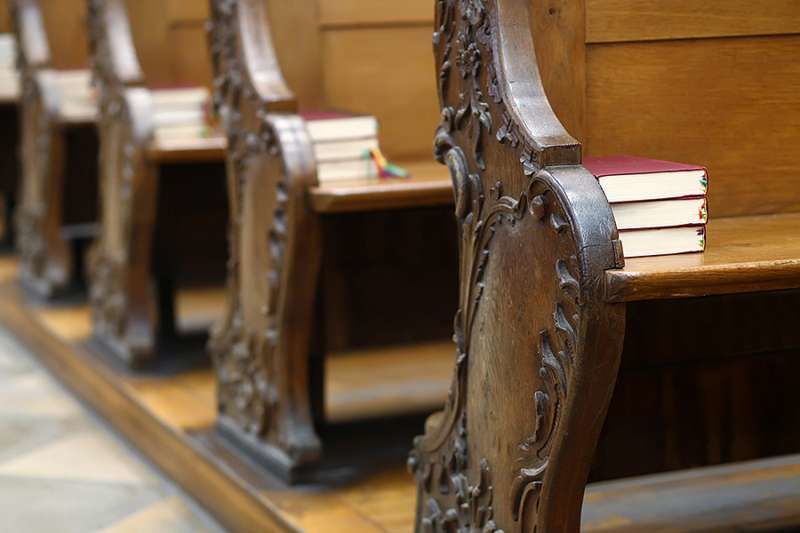An anti-foreign influence bill being considered by the Australian government could end up silencing the Catholic Church in the country, a local bishop warned this week.
“The Church is a strong supporter of transparency when there is advocacy on behalf of a foreign government, but this legislation risks silencing our voice on behalf of the young and the old, the poor and the marginalized,” said Bishop Robert McGuckin of Toowoomba, according to the Australian.
Bishop McGuckin spoke ahead of the Jan. 30 parliamentary hearing, where a joint committee on intelligence and security discussed the Foreign Influence Transparency Scheme Bill.
Introduced on Dec. 7, 2017, the legislation would require those acting on behalf of a foreign power to register their status. It would also strengthen penalties for treason, espionage, and secret-sharing.
However, Bishop McGuckin said the bill may require “every Catholic who invites a politician to an event” or “writes for an MP’s support” to fill out paperwork. These extra steps could risk silencing the Church in its fight for social justice issues, such as its opposition to the Voluntary Assisted Dying Bill 2017 passed in Australia’s state of Victoria.
And while the bill would offer exemptions for religious groups, they would not extend to priests and nuns, who may be required to register as foreign officials working for Vatican City.
“The exemption for religion proposed in clause 27 is drafted based on the incorrect belief that the Catholic Church in Australia acts on behalf of a foreign government, i.e. Vatican City State,” wrote the Australian Catholic Bishop’s Conference in a submission to the committee.
“Given the Catholic Church in Australia does not act on behalf of a foreign government, the clause would confer no exemption on members of the Catholic Church in Australia.”
Affecting not only religious organizations but universities, human activists, and media agencies, Bishop McGuckin said the bill could negatively impact “one in five Australians.”
The legislation is currently in the early stages of the review process. Attorney-General Christian Porter did not comment on any specific concerns, but said the critiques would be taken into consideration.

